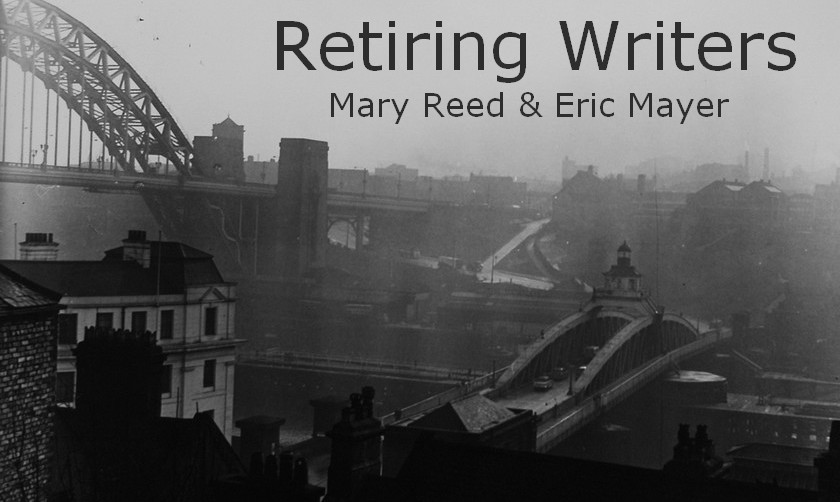Dining by candlelight sounds romantic but not when there's been no power for almost a week.
Such was the case when the 1978 Good Friday Ice Storm descended upon central Illinois, bringing with it a meteorological smorgasbord of deep and drifting snow, high winds, and freezing rain that morphed into a couple of inches of ice. Flashes from exploding transformers and downed electric lines lit the night sky, suggesting Mother Nature was playing carelessly with fireworks. The governor declared a state of emergency covering two dozen counties, thus demonstrating it is indeed an IL wind that blows nobody any good.
There wasn't much in the fridge when the power went out that Easter. However, necessity being the mother of improvisation, the jug of milk, stored between the back and screen doors, did not sour. It did however freeze a little so it was a case of lumpy milk for the cornflakes. On the other hand, my pound of frozen bread dough started to thaw so I used it to bake a large cinnamon ring which became my contribution to a communal Easter Sunday meal of home-fried chicken organised by the family across the street. Children enjoyed sledging down the gentle slope in a hollow behind that house, reminding me of when my younger self attempted to slide down our house stairs on a tea tray. Need I mention this occurred when our parents were not at home?
But I digress. In some ways life reverted to earlier times, which is to say so quiet it was hardly worth winding the clocks. Had a lanky man wearing a stovepipe hat returned to walk the streets of Springfield as Vachel Lindsay imagined, the former president would surely be reminded of his time, for it was time to retire to bed when darkness overpowered the ability to write letters, read, or play board games by torch or candlelight. Radio and TV broadcasts disappeared. So had the nocturnal light glare above the city but between its lack and frigid temperatures, there an uncommonly fine display of stars each night. Layered clothing and blankets proved sufficient to keep relatively warm during the daytime at least, provided outer doors were not opened too often. People seemed drawn to talk to neighbours, checking on each other and sharing supplies. Perhaps it was due to the natural instinct to cluster together to face and cope with very difficult conditions. Only one family was forced to leave: a young couple with a new baby who departed, along with their freezer, to stay with friends who still had power.
Sunlight glinted on two or more inches of ice, painting everything such an innocent silver that was but a lie and a trap for the unwary, beyond the dangers of attempts to drive or walk in those conditions. Icicles several inches long and ice that had formed on canopies, gutters, and store facades developed the nasty habit of falling without warning -- in Chicago ice lumps weighing over twenty pounds were reported as dropping off the Sears Tower.
Closer to home, crews put in long hours to remove downed trees and broken branches from blocked roads, smashed vehicles, damaged roofs, and public spaces, erecting shoulder high wooden walls along miles of city streets. The sight of those tangled piles, branches clasped in a final embrace, remains a sad memory. My impression on moving to the city was how green and leafy it was, with great numbers of old trees lining its thoroughfares and gracing its parks. Thousands of snapped utility poles were replaced and power lines restrung, as the intermittent roar of chain saws competed with the metallic scraping of excavator buckets and snow ploughs' blades as they cleared thoroughfares and dug out parking lots.
Eventually, with main roads passable, I went to see friends in a nearby town. Returning home as darkness fell I observed a familiar glow on the horizon. Power had returned to the city.

No comments:
Post a Comment